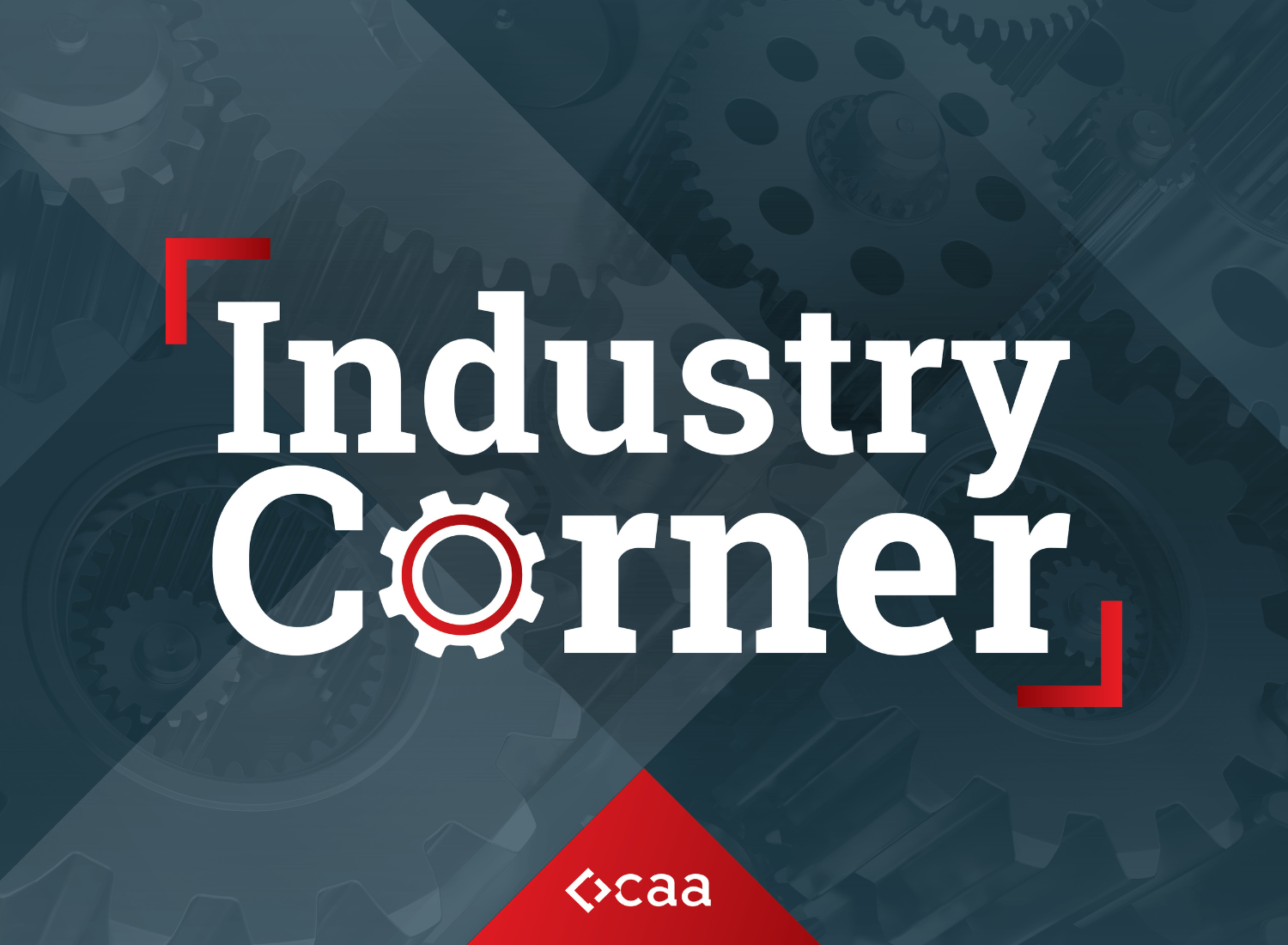Exploring the changing dynamics of workforce education and development
[fusion_builder_container hundred_percent=”no” equal_height_columns=”no” menu_anchor=”” hide_on_mobile=”small-visibility,medium-visibility,large-visibility” class=”” id=”” background_color=”” background_image=”” background_position=”center center” background_repeat=”no-repeat” fade=”no” background_parallax=”none” parallax_speed=”0.3″ video_mp4=”” video_webm=”” video_ogv=”” video_url=”” video_aspect_ratio=”16:9″ video_loop=”yes” video_mute=”yes” overlay_color=”” video_preview_image=”” border_size=”” border_color=”” border_style=”solid” padding_top=”” padding_bottom=”” padding_left=”” padding_right=””][fusion_builder_row][fusion_builder_column type=”1_1″ layout=”1_1″ background_position=”left top” background_color=”” border_size=”” border_color=”” border_style=”solid” border_position=”all” spacing=”yes” background_image=”” background_repeat=”no-repeat” padding_top=”” padding_right=”” padding_bottom=”” padding_left=”” margin_top=”0px” margin_bottom=”0px” class=”” id=”” animation_type=”” animation_speed=”0.3″ animation_direction=”left” hide_on_mobile=”small-visibility,medium-visibility,large-visibility” center_content=”no” last=”true” min_height=”” hover_type=”none” link=”” first=”true”][fusion_youtube id=”https://youtu.be/zUHGMva8jb0″ alignment=”center” autoplay=”false” api_params=”” hide_on_mobile=”small-visibility,medium-visibility,large-visibility” class=”” css_id=”” /][fusion_separator style_type=”default” sep_color=”rgba(224,222,222,0)” border_size=”9″ icon=”” icon_circle=”” icon_circle_color=”” alignment=”center” hide_on_mobile=”small-visibility,medium-visibility,large-visibility” class=”” id=”” /][fusion_text]
Writer: Eleana Teran
 August 2023 — In the midst of changing labor dynamics and digital transformation across the modern economy, discussions around talent acquisition, retention and education are more prevalent than ever for business leaders. Industry leaders gathered at the Invest: Charlotte 2022-2023 Launch Conference to discuss the relationship between education, technology and the evolving workforce.
August 2023 — In the midst of changing labor dynamics and digital transformation across the modern economy, discussions around talent acquisition, retention and education are more prevalent than ever for business leaders. Industry leaders gathered at the Invest: Charlotte 2022-2023 Launch Conference to discuss the relationship between education, technology and the evolving workforce.
Moderated by Keith Stanley, CEO of University City Partners, the panel, titled ‘Today’s workforce: Addressing the realities of current workforce challenges and finding opportunities therein,’ included insights from Scott Bullard, president of Pfeiffer University, Cheryl Richards, CEO of Catapult Employers Association and Jessica Figenholtz, practice leader and associate principal at Perkins & Will. Together, they delved deep into the challenges and opportunities present in today’s labor landscape, sharing innovative strategies and reflecting on the future of work and education.
Elon University’s President, Connie Book, introduced the panel, emphasizing North Carolina’s leading position in higher education. “Our state boasts a notably diverse range of higher education offerings, setting it apart from other states. We have outstanding public university options and a total of 32 private universities. This abundance of choice empowers families, young individuals and adult learners to select the institution that best suits their growth and learning journey.”
President Scott Bullard of Pfeiffer University discussed the inherent complexities of remote work. “At Pfeiffer, we remain committed to flexibility in various ways. It’s crucial to incorporate candid discussions about the effectiveness of remote work in annual reviews,” Bullard explained, emphasizing the longevity of remote work within higher education and the need for employee resilience.
This sentiment, which underscored the importance of adaptability in the current evolving workforce landscape, was emphasized by Cheryl Richards. Richards explained how five generations coexist in the workforce, each with distinct desires. “Different generations, from veterans to Gen. Xers, value face-to-face communication, while Gen. Y and millennials have unique communication preferences. Gen. Z, shaped by the pandemic, leans more toward social platforms than the traditional emails used by businesses.” She went on to point out that the convergence of these generational traits, coupled with the intricacies of remote work during the pandemic, underscores the unique cultural tapestry woven within today’s workplace.
Another aspect of the current workforce that was discussed was the influence of technology on recruitment and talent retention. The panelists highlighted that as younger generations, particularly Gen Y and millennials, shape the workforce, they drive the older generations to integrate technological advancements they might not have considered earlier. Cheryl Richards highlighted this, pointing to the adoption of AI in educational systems and the shift to remote-first approaches in businesses like Catapult Employers Association.
Jessica Figenholtz of Perkins & Will echoed these thoughts, emphasizing that technology should be harnessed to augment human capabilities and enhance communication within teams or employ extended reality for immersive learning. “Artificial intelligence and chatbots can serve as tools, aiding team members in comprehending optimal methods of communication within a group. This technology becomes an empowering asset, fostering their confidence and comfort in diverse scenarios,” she said.
Yet, amidst all this change, the importance of hands-on learning stands strong. Jessica Figenholtz remarked on the value of apprenticeships, suggesting that exposure to real work dynamics offers a learning curve unparalleled by formal education. However, the challenges of internships, as discussed by the rest of the leaders on the panel, remain. According to them, the limited duration and challenges in transition make it essential for businesses to have tools that optimize the potential of their interns. This is why President Bullard issued a call to action for businesses: invest in colleges and universities not just financially but by providing opportunities like internships. These experiences have the potential to shape the next generation of employees, ensuring a robust pipeline of talent in the future.
In addressing the workforce’s changing demographics, Richards pointed out that America’s increasing diversity necessitates robust Diversity, Equity, Inclusion and Belonging strategies to attract and retain talent. Figenholtz emphasized the value non-traditional learners bring, suggesting that varied life experiences often enrich the workforce more than a straightforward educational journey.
The panelists concluded on the thought that as the lines between technology and human capability blur, a comprehensive, innovative and forward-thinking approach is crucial to navigating the challenges and opportunities of the current landscape.
For more information visit:
https://www.elon.edu/
https://universitycitypartners.org/
To watch the whole panel discussion, click Here!
[/fusion_text][/fusion_builder_column][/fusion_builder_row][/fusion_builder_container]














